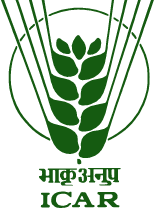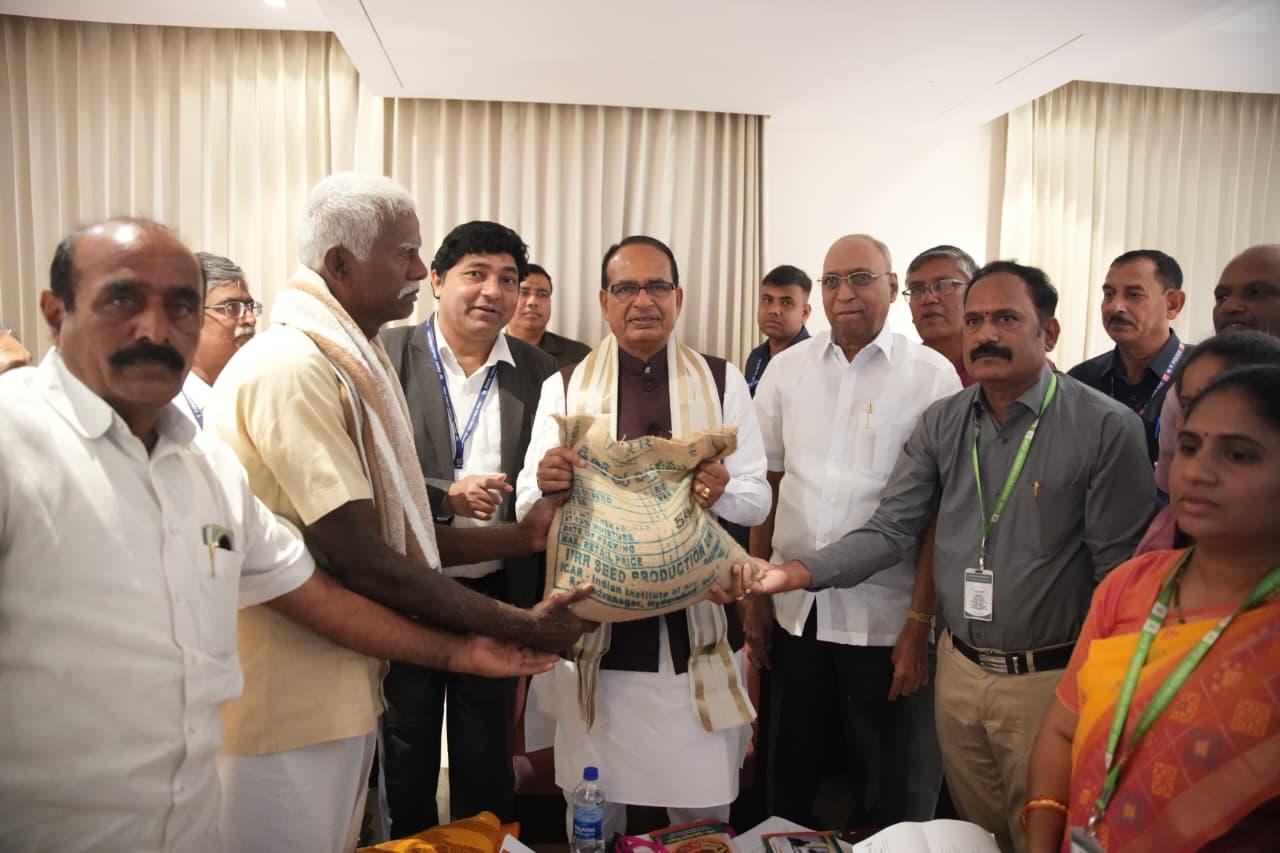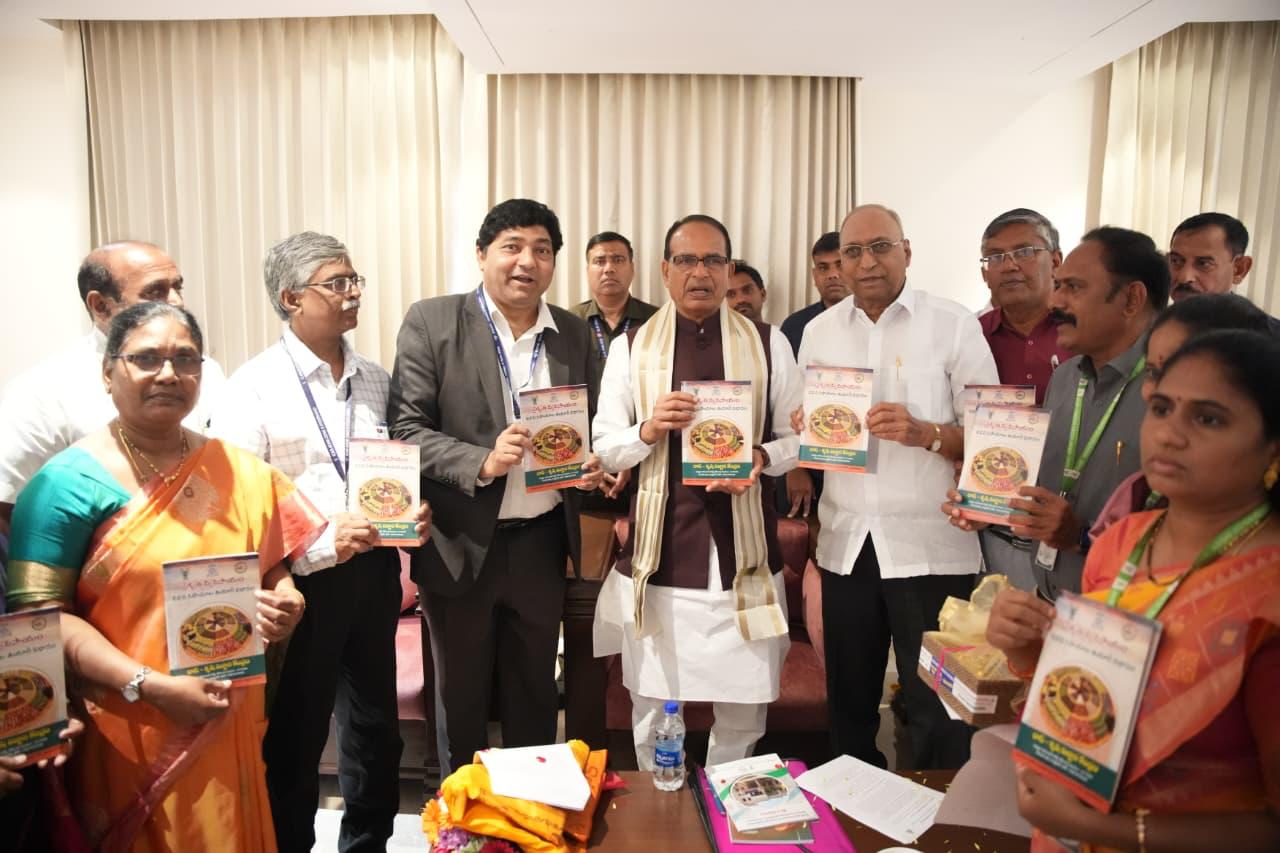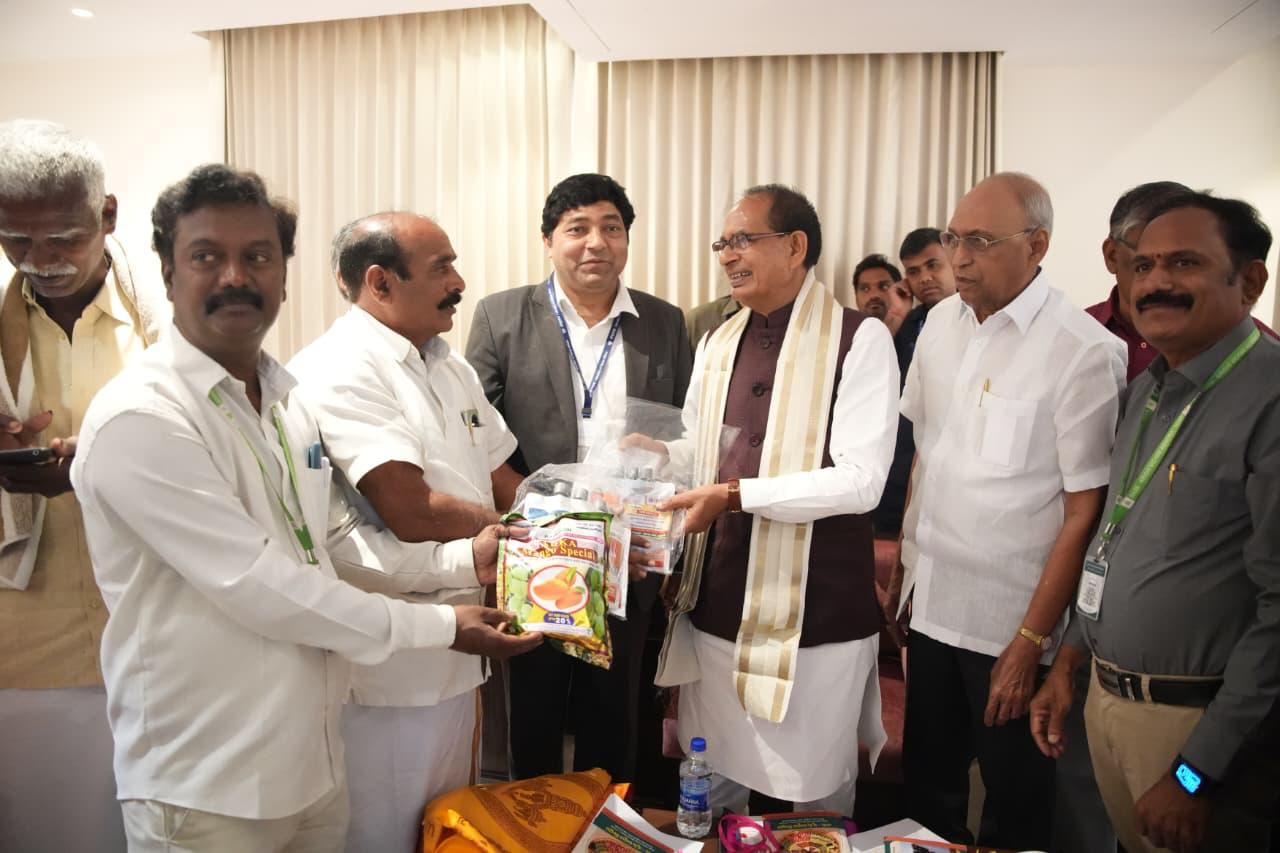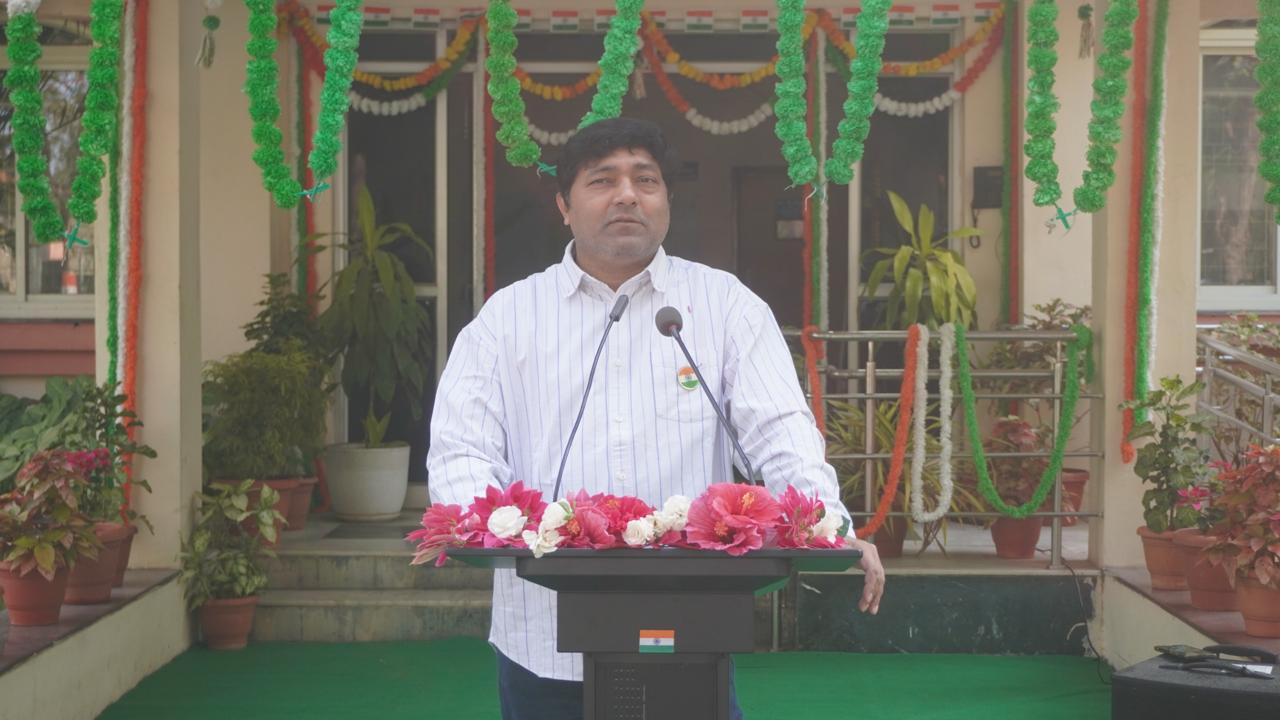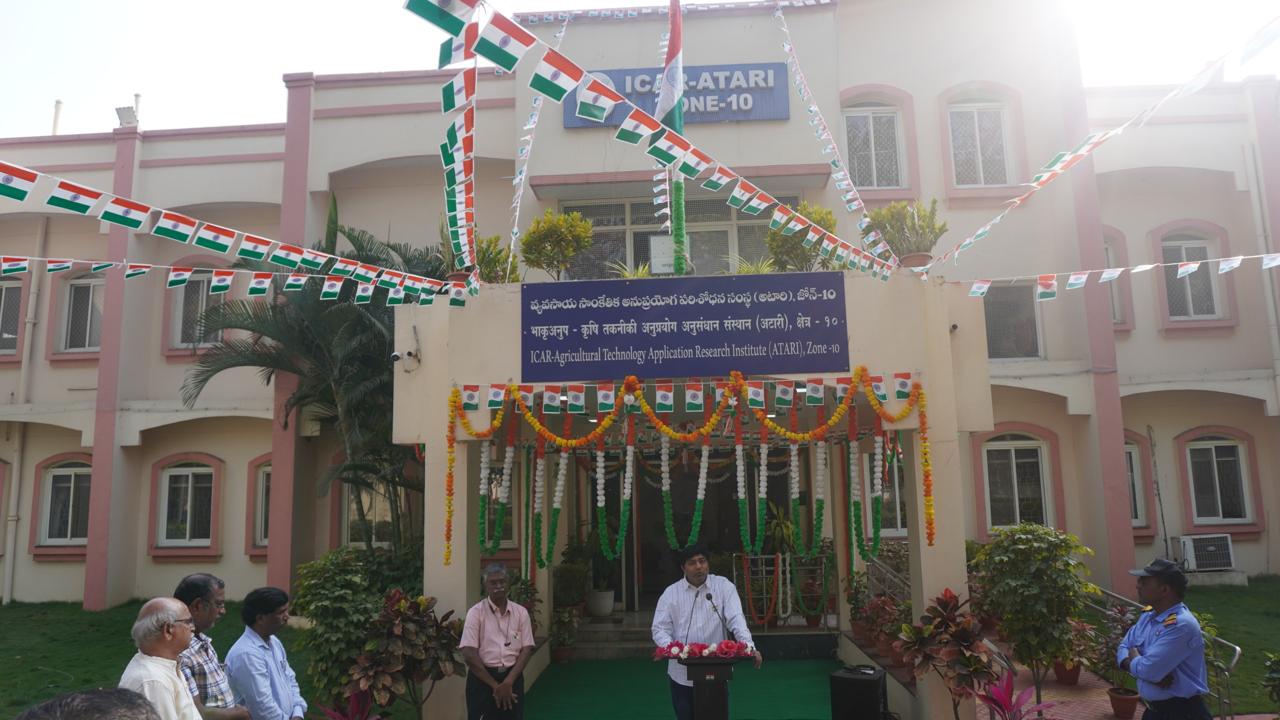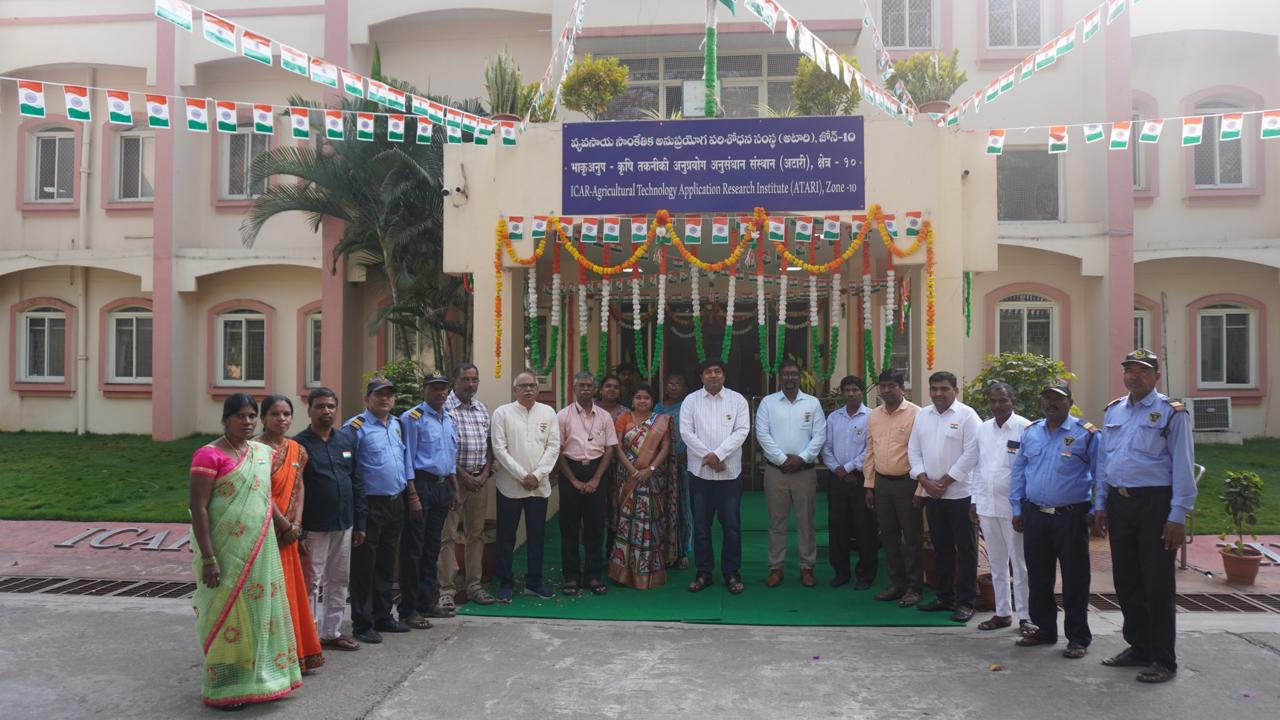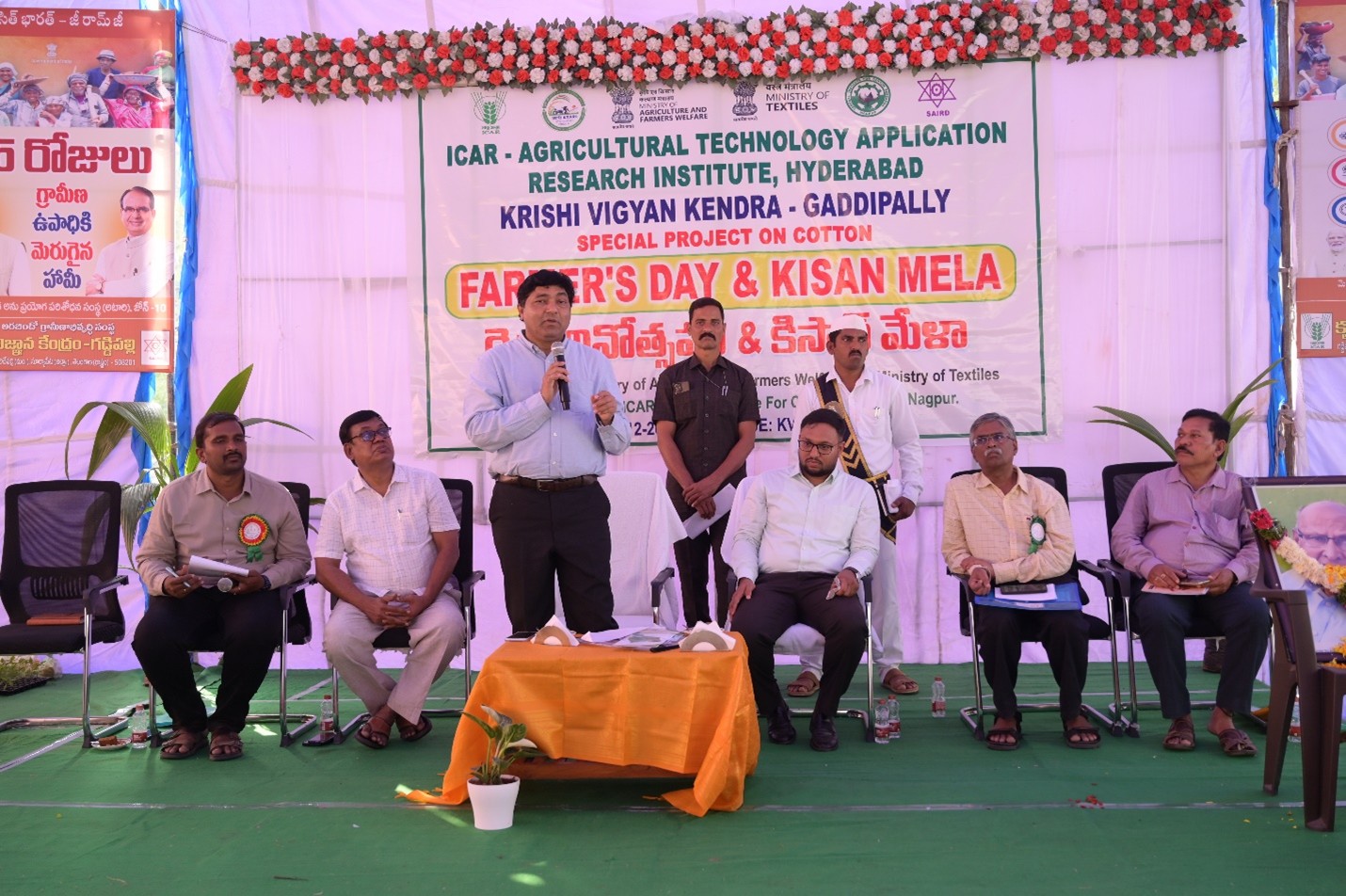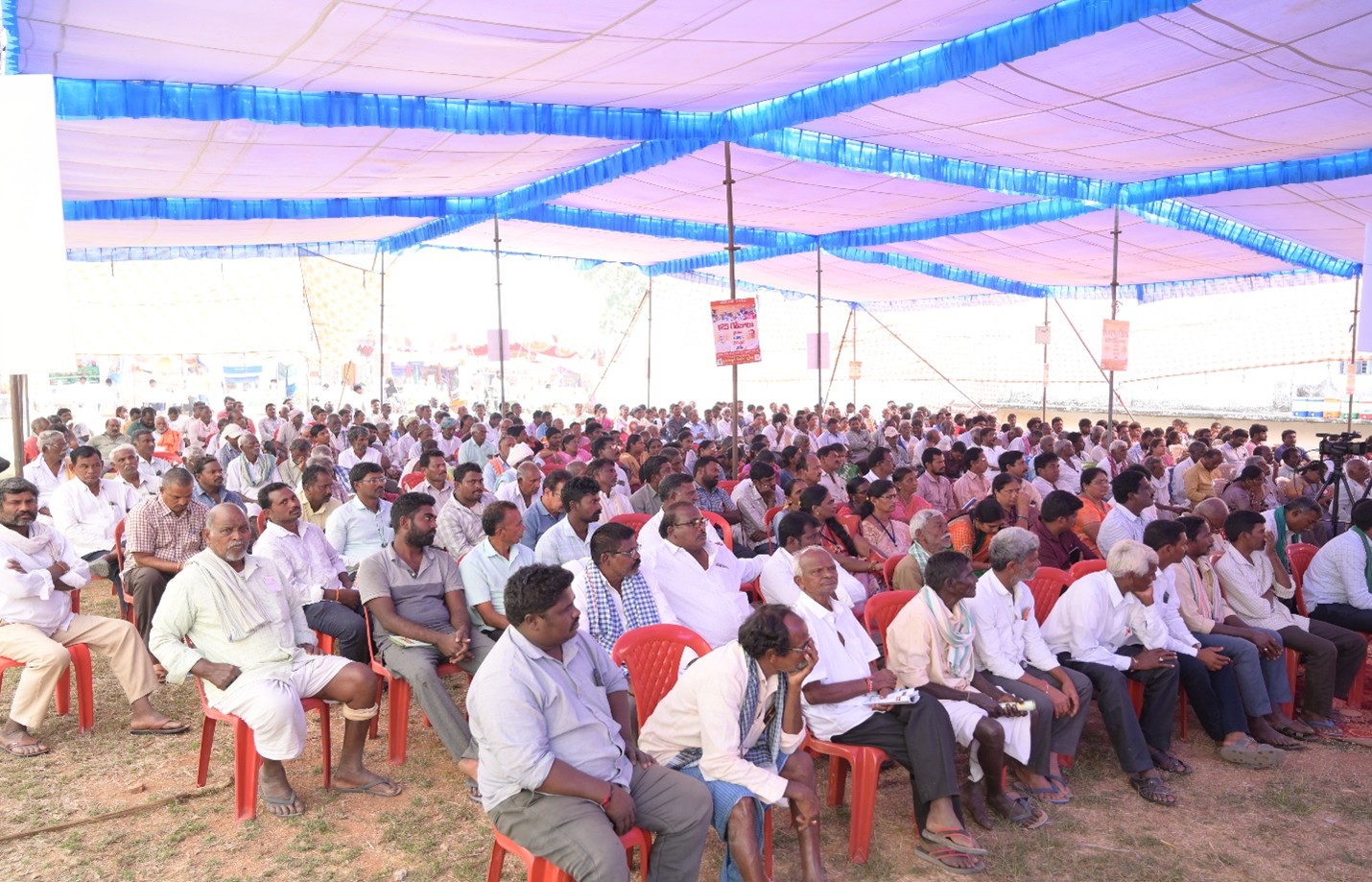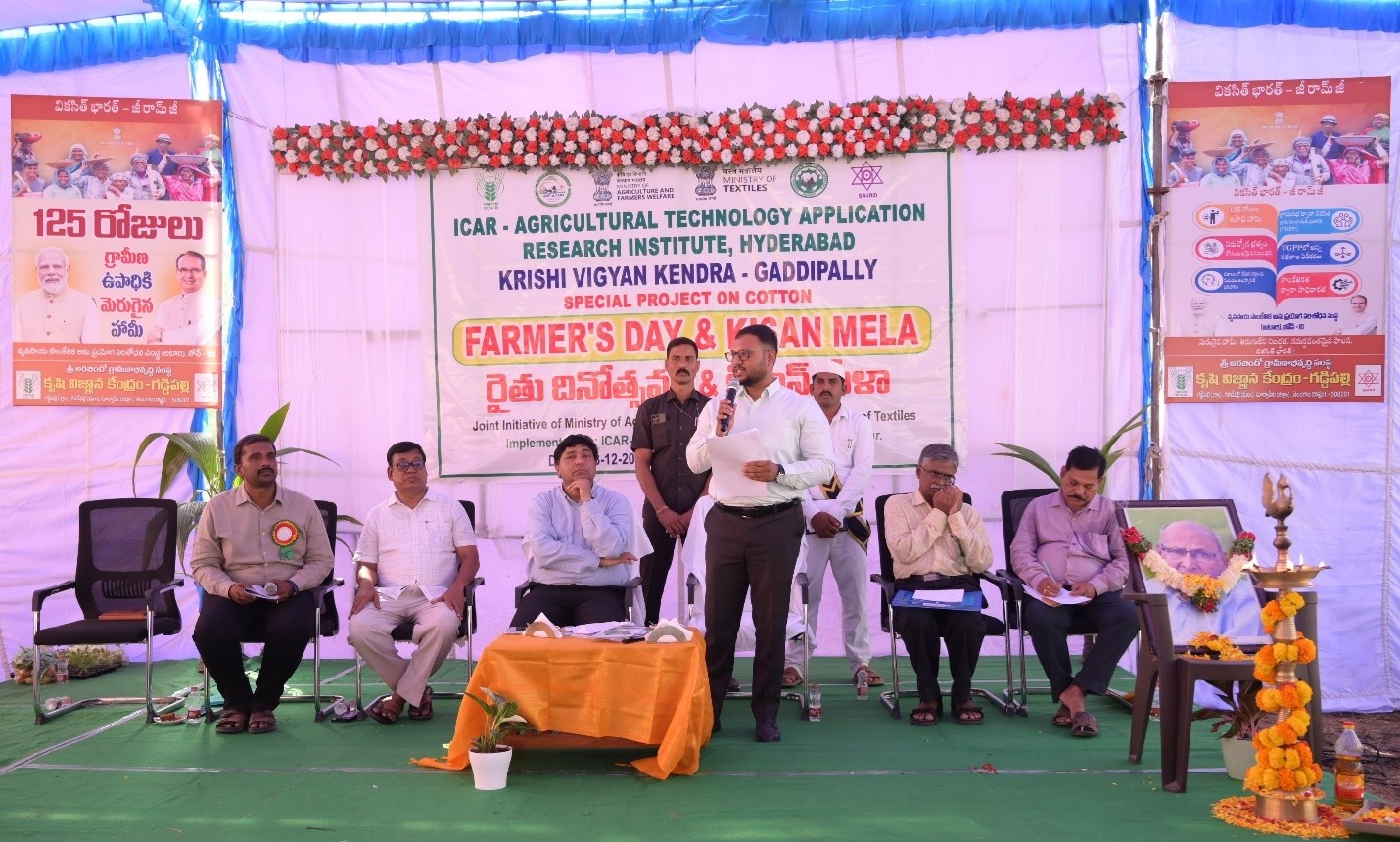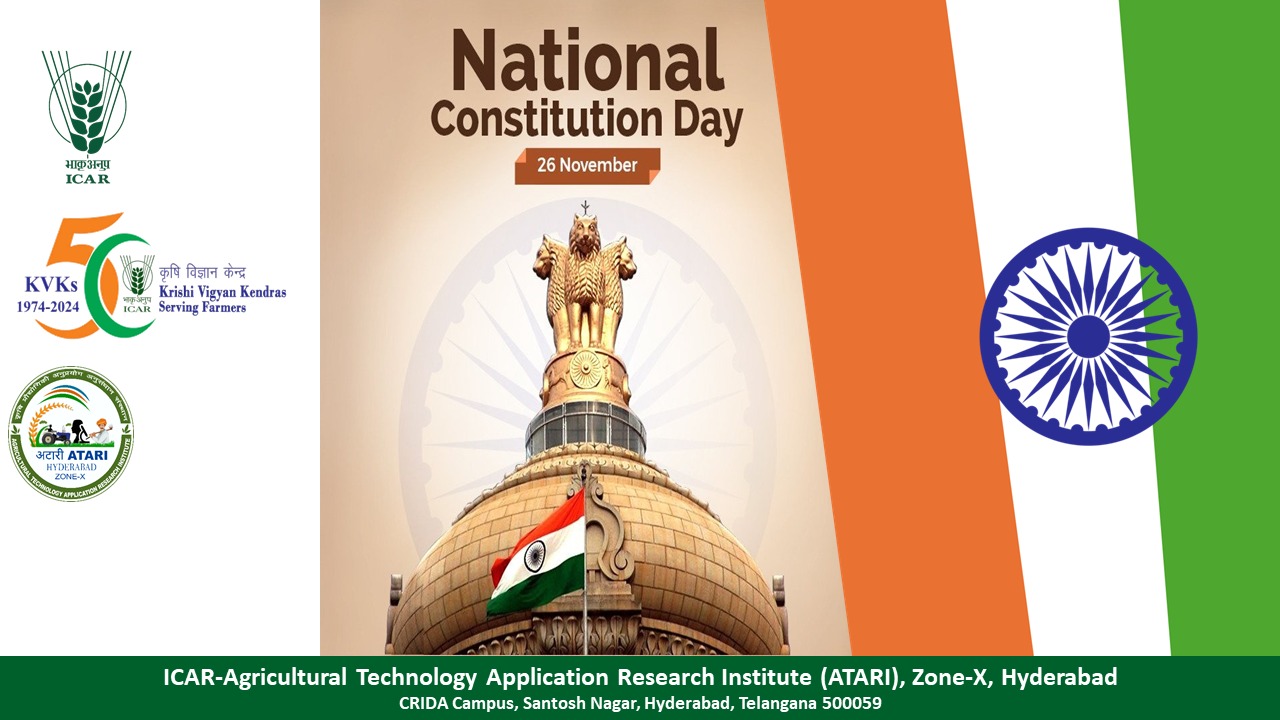New Extension Methodologies and Approaches (NEMA)
Introduction:
The Krishi Vigyan Kendra (KVK) system serves as a vital link between agricultural research and the farming community, playing a key role in the dissemination of knowledge and technologies at the grassroots level. With the increasing integration of digital tools such as mobile apps, farm software, social media, drones, IoT, AI/ML, and precision agriculture there is a growing need to assess how effectively these are being utilized within the KVK framework.
Rationale:
While many KVKs have adopted various digital strategies to enhance their extension services, there is limited documentation and analysis on their actual impact, efficiency, accessibility, and scalability. Further, the uneven adoption and lack of knowledge sharing have led to inefficiencies and missed opportunities.
In 2024-25, ICAR-ATARI, Hyderabad initiated a National network project titled "Assessing the Digital Competencies of KVKs: Current Status and Future Strategies." This project aims to evaluate the current status of digital strategies in KVKs, assess their efficacy, identify key barriers, and develop a strategic roadmap for digital integration. This research project is being undertaken to evaluate the current digital competencies of KVKs, identify best practices and challenges, and provide a roadmap to strengthen digital extension strategies for future-ready agricultural services.
Objectives:
- To document and analyse the status and efficacy of digital strategies adopted by the KVK system.
- To identify the factors contributing to the deployment and adoption of digital strategies within the KVK system and the challenges encountered.
- To conduct need assessment of KVKs for leveraging digital strategies to transform the frontline extension system.
- To create a roadmap and policy for optimizing digital strategies for efficient knowledge and resource dissemination in the KVK system.
Methodology:
The study adopts a robust and integrative research design combining both survey and action research methodologies to comprehensively assess the digital transformation of the Krishi Vigyan Kendra (KVK) system across India.
A comprehensive baseline survey will be conducted across all 700+ KVKs under the ATARI Zones to assess the current status of digital strategy implementation, focusing on key aspects such as digital infrastructure, digital literacy, digital extension services, and the use of digital tools and technologies. Data will be collected using a structured questionnaire, and scores will be assigned to each indicator to generate a consolidated ranking of KVKs based on their level of digital adoption. Based on this ranking, purposive sampling will be employed to select 75 top-performing KVKs actively utilizing advanced digital strategies and 25 low-performing KVKs with limited or minimal digital engagement. For further in-depth analysis, two distinct sets of questionnaires will be developed: one for the high-performing KVKs, focusing on evaluating the efficacy of existing digital strategies using a Digital Strategy Efficacy Index (DSEI) and identifying potential areas for improvement and another for the low-performing KVKs to explore the barriers to digital adoption, assess their specific needs, and recommend actionable steps to enhance their digital capacity and integration.
Additionally, focus group discussions (FGDs) and brainstorming sessions will be conducted involving KVK staff, beneficiary farmers, and Agri-tech stakeholders. These interactive sessions will generate valuable perspectives on field-level challenges, success stories, user feedback, and potential innovations that could support the transformation of the frontline extension system.
A core element of this methodology is the development of a comprehensive Digital Strategy Efficacy Index (DSEI), which will serve as a standardized tool for measuring the effectiveness and outcomes of digital strategies adopted by KVKs. The index will be constructed around key indicators including digital infrastructure, digital skills and training, delivery of digital extension services, ease of use, accessibility and affordability of digital platforms, operational effectiveness and efficiency, measurable impact and outcomes, and the integration of emerging technologies. These indicators will help quantify the transformative potential of digital tools and guide future interventions for policy and practice.
Through this comprehensive and multi-pronged methodology, the study aims not only to evaluate the existing digital landscape of the KVK system but also to provide actionable insights and a roadmap for enhancing digital transformation in agricultural extension services.
Expected outcome:
The study will result in a comprehensive report on the digital strategies currently used by KVKs and develop a Digital Strategy Efficacy Index (DSEI) to evaluate their effectiveness and guide future innovations. It will identify key factors influencing digital adoption, challenges faced by KVKs, and provide actionable insights to address them. A detailed need assessment will highlight specific digital requirements, existing gaps, and integration opportunities. The findings will culminate in a strategic roadmap offering targeted recommendations to enhance digital interventions, support effective frontline extension, and inform national-level policies for strengthening digital transformation within the KVK system.
